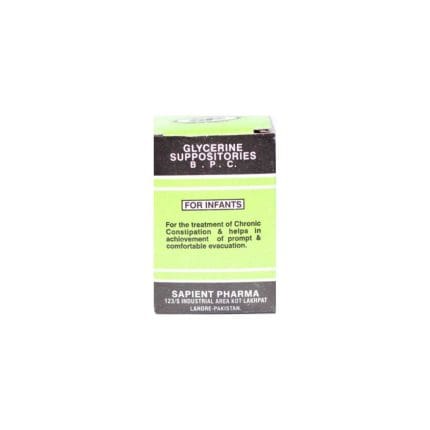Prescription Required: Yes
Generics:
Vonoprazan
Uses:
Treats acidity and ulcers
How It Works:
Vonoprazan is a potassium-competitive acid blocker (P-CAB) that does not require activation by acid. It reversibly inhibits H+, K+-ATPase in a potassium-competitive manner, maintaining a strong presence at the acid production site in gastric parietal cells. This leads to effective inhibition of gastric acid production and prevents mucosal damage in the upper gastrointestinal tract.
Dosage:
As prescribed for Vonoprazan.
Side Effects:
Gastrointestinal: Diarrhea, constipation, nausea, abdominal distension
Skin: Rash, urticaria, drug eruption
Hepatic: Hepatotoxicity, jaundice, increased liver enzymes (AST, ALT, ALP, GGT, LDH)
Other: Drug hypersensitivity (including anaphylactic shock), edema, eosinophilia
Drug Interactions:
May interact with CYP3A4 inhibitors such as Clarithromycin, Digoxin, Methyldigoxin, Itraconazole, and tyrosine kinase inhibitors (e.g., Gefitinib, Nilotinib, Erlotinib).
Indications:
Gastric ulcer
Duodenal ulcer
Reflux esophagitis
Prevention of recurrence of gastric or duodenal ulcers during low-dose aspirin or NSAID use
When Not to Use:
Hypersensitivity to Vonoprazan or any excipient
Concurrent use with atazanavir sulfate, nelfinavir, or rilpivirine hydrochloride
Precautions:
Monitor the disease closely and use the minimum effective dose required based on the condition.
Warnings:
Vonoprazan should be used for maintaining healing of reflux esophagitis only in patients with recurrence. Avoid in those not requiring maintenance therapy.
Consider reducing the dose from 20 mg to 10 mg or discontinuing if long-term maintenance is unnecessary and there is no risk of recurrence.
Use with caution in patients with renal disorders, as impaired excretion could increase blood concentrations of Vonoprazan.
Pregnancy Category:
Consult your physician before use if pregnant.
Storage:
Store at room temperature, away from direct light and heat.























Reviews
There are no reviews yet.